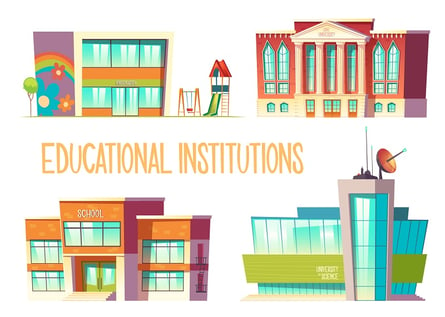
More than 15 lakh students complete their board exams and get ready to seek admissions into colleges in India every year. The course and the college determine the student’s career path. Marksheets, percentages and cut-offs are crucial factors, but choosing the right course/college can lead to growth and learning for the rest of their lives. Making this choice often leaves students and their parents in a dilemma.
For students, the critical aspect is choosing a course that is most suited to their interests, skillsets and overall life goals. Sometimes, peer pressure and published rankings influence this decision and students get stuck in courses they do not like and end up feeling trapped. In an endeavour to choose the top colleges, students tend to compromise and pursue a course that they are neither interested in nor have the aptitude for. Unfortunately, most colleges in India do not allow students to change their stream of study. A few exceptions allow changes after the first year.
Interest matters

If a student is passionate about a subject, he/she is naturally inclined towards participating in co-curricular activities around the chosen stream, besides attending regular lectures and practicals. They delve deeper to enhance their knowledge of that domain. When a student is interviewed for a job, employers assess not just his/her knowledge, but interest and passion for the chosen field. Discerning recruiters can quickly identify a lack of the latter.
Career selection is a complicated process and involves several small decisions that have to be made on the fly. The most reasonable approach is for students to do analyse and determine their interests and strengths. They can decide their career based on whether they are ready to pursue a field for the rest of their lives and still be as excited to work and learn new things several decades later. Once you’ve identified the stream, here’s how you can go about it:
While formal education is a stepping-stone to begin one’s professional career, the process of learning doesn’t end with getting a degree. Instead, it is an ongoing process and helps one evolve.
Therefore, it is important to prioritise a stream/field of study over the college.
Source Link: How to select between the desired course of study and the institution?
About RICS SBE:
RICS School of Built Environment (RICS SBE), Amity University is an industry-led academic institution that delivers specialized undergraduate and postgraduate programs to students ambitious to work in the real estate, construction and infrastructure sector. It also aids as a hub for research and development of technical proficiency in a built environment.